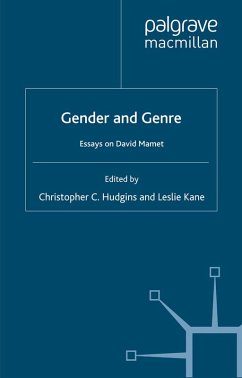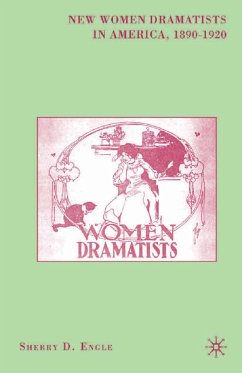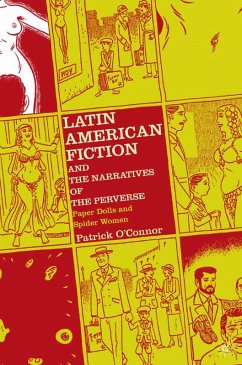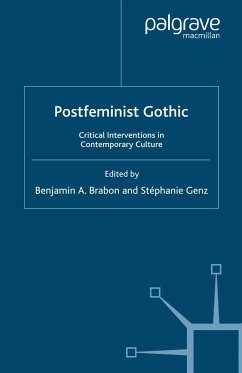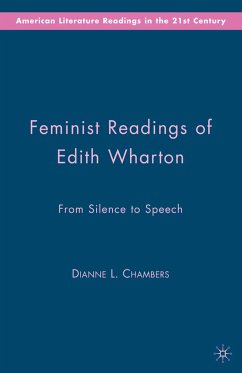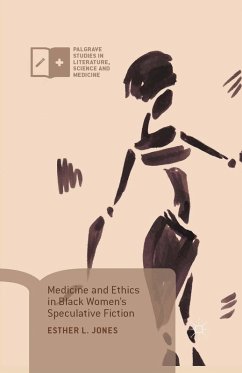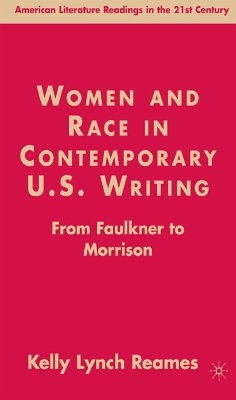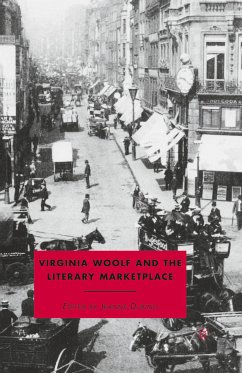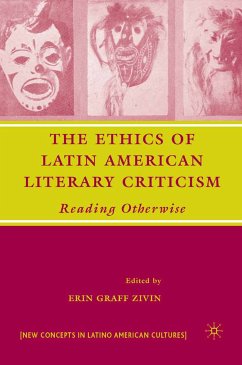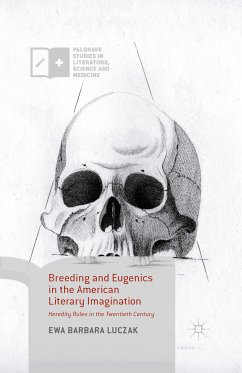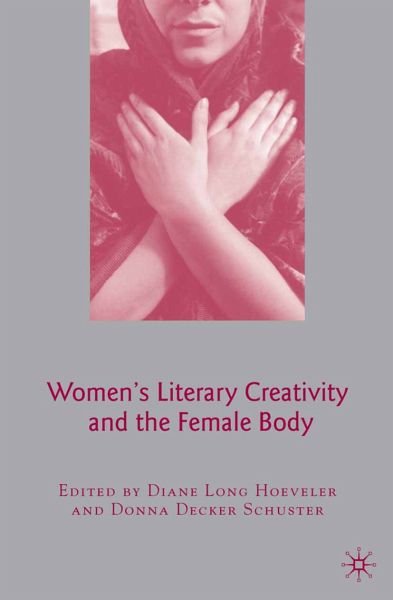
Women's Literary Creativity and the Female Body (eBook, PDF)
Versandkostenfrei!
Sofort per Download lieferbar
40,95 €
inkl. MwSt.
Weitere Ausgaben:

PAYBACK Punkte
20 °P sammeln!
This volume addresses one aspect of a challenging topic: what does it mean for women to create within particular literary and cultural contexts? How is the female body written on textuality? In short, how is the female body analogous to the geographical space of land? How have women inhabited their bodies as people have lived in nation-states?
Dieser Download kann aus rechtlichen Gründen nur mit Rechnungsadresse in A, B, BG, CY, CZ, D, DK, EW, E, FIN, F, GR, HR, H, IRL, I, LT, L, LR, M, NL, PL, P, R, S, SLO, SK ausgeliefert werden.



